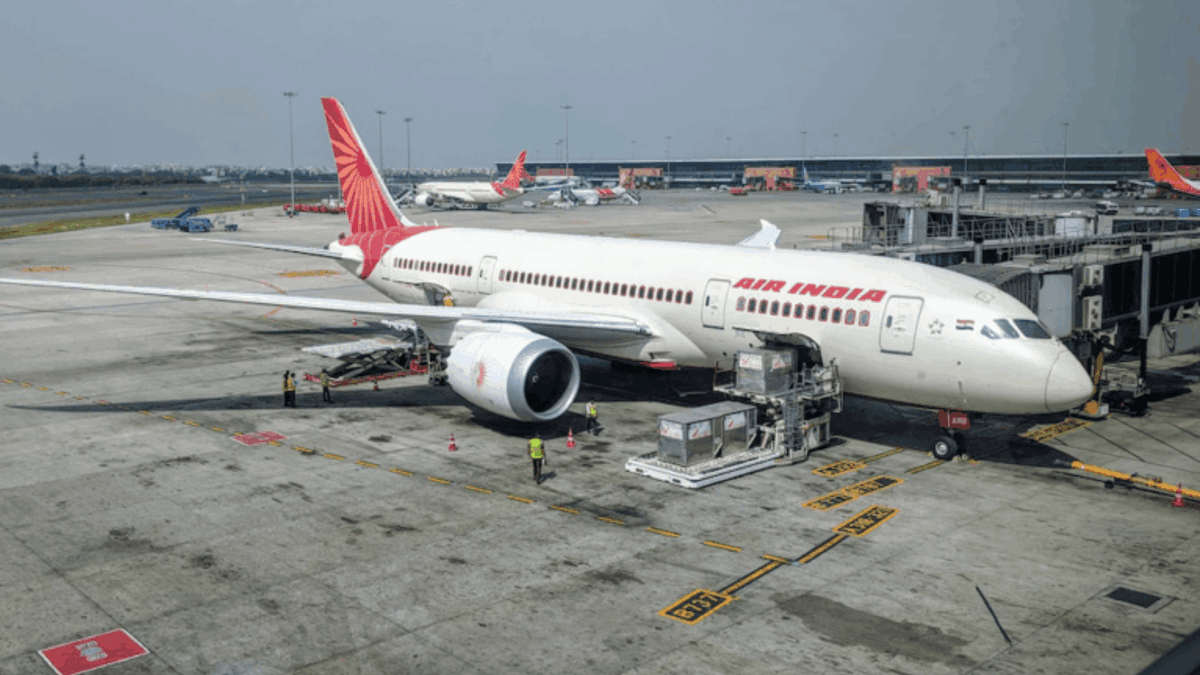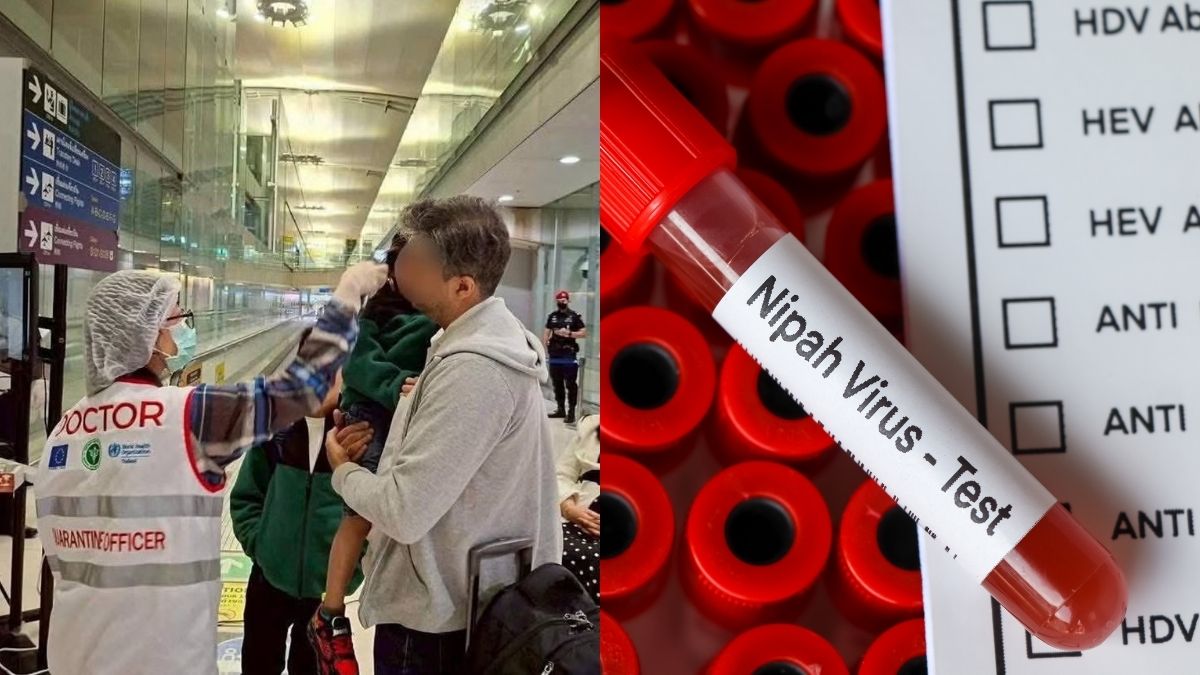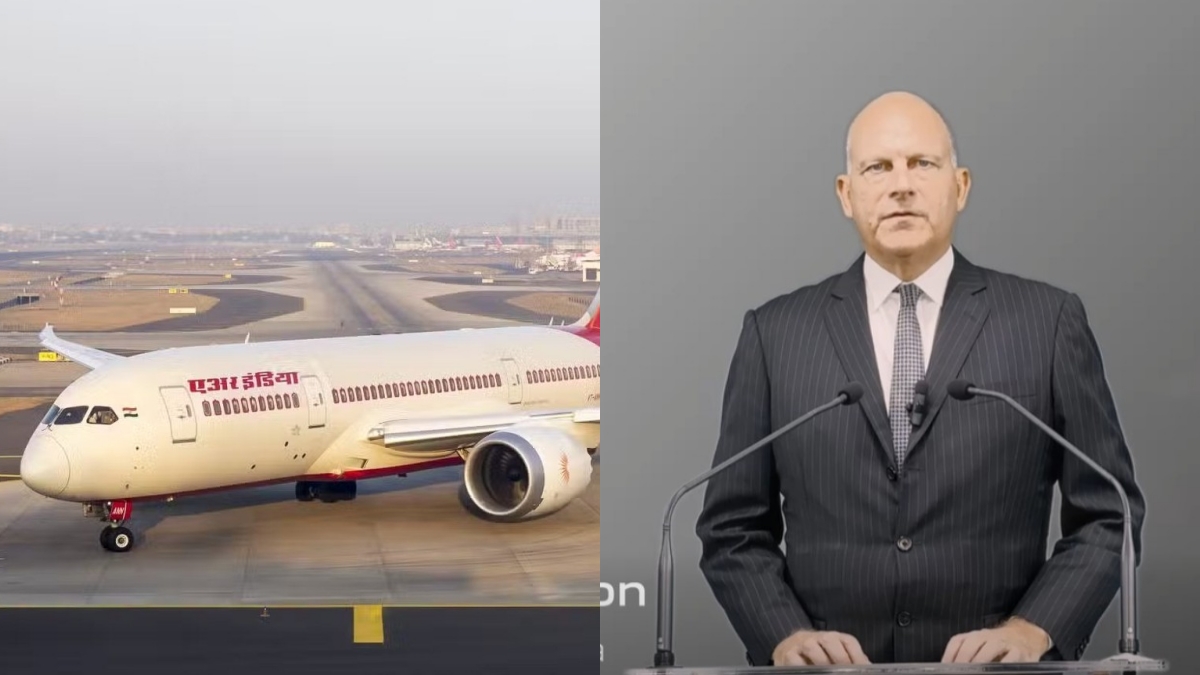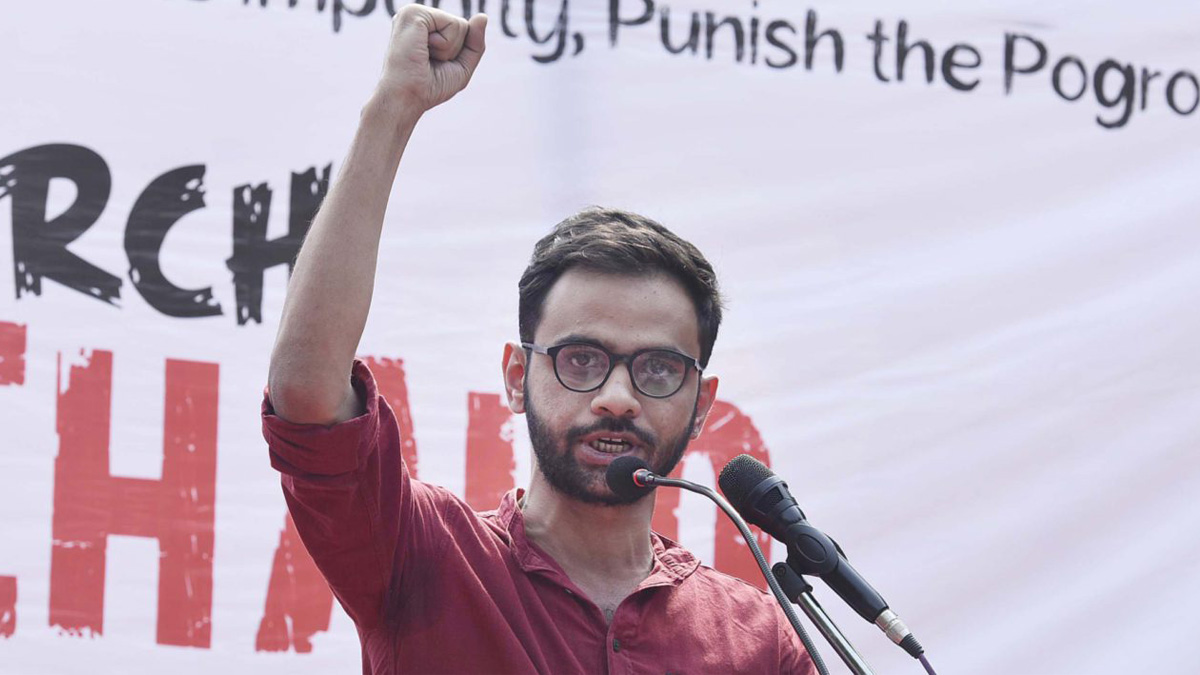Air India whistleblowers allege retaliatory termination over Boeing 787 door malfunction testimony
Two ex-senior flight attendants claim Air India sacked them for refusing to alter their testimony about a Boeing 787 door malfunction in 2024. Their allegations, now raised with Prime Minister Modi, have reignited concerns over safety culture and whistleblower protections in India’s aviation sector.

- Incident: Boeing 787 Dreamliner door malfunction, AI-129, 14 May 2024, London.
- Claim: Emergency slide deployed in manual mode → possible technical fault.
- Allegation: Two senior attendants pressured to change testimony → fired when they refused.
- Investigation: DGCA accused of only informal inquiry, no public report.
- Air India’s stance: Staff dismissed for misconduct, insists safety not compromised.
- Implications: Raises concerns on whistleblower protection and regulatory transparency after 2025 Ahmedabad crash.
Two former senior flight attendants of Air India have alleged that they were terminated in retaliation for refusing to alter their statements regarding a Boeing 787 Dreamliner door malfunction in 2024. The former staffers, who had each served the airline for more than 20 years, have now written to Prime Minister Narendra Modi requesting his intervention.
According to a report by The Times of India, the incident at the heart of the dispute occurred on 14 May 2024, when Air India flight AI-129 from Mumbai landed at Heathrow Airport in London. After passengers disembarked, the emergency slide raft deployed unexpectedly as the L4 door was opened. The attendants responsible insisted that the door had been set to manual mode, which should have prevented any deployment. Normally, slides activate only if a door is opened in armed or automatic mode.
The attendants’ version of events was initially supported in writing by both the pilot and the cabin-in-charge. However, they claim that after standing by their testimony, they were pressured by senior officials to revise it. They allege that threats of dismissal followed when they refused. Within 48 hours, they were served with show-cause notices and terminated. They further claim that three senior officials attempted to coerce them into changing their accounts, with one later altering his own testimony by saying he had not been observing the door at the time.
The timing of their dismissal, which occurred exactly one year before the fatal Ahmedabad crash of 12 June 2025 that killed 272 people, has been highlighted by the attendants as evidence of a broader culture of neglect surrounding safety issues at the airline.
The whistleblowers also accuse Air India and the Directorate General of Civil Aviation of failing to conduct a proper investigation into the Heathrow incident. They state that the DGCA only carried out an informal inquiry, excluded critical witnesses, and produced no official report. A complaint was also filed with the Central Vigilance Commission in 2024, though no meaningful action followed.
Air India, in response, has denied wrongdoing. The airline stated that the attendants were terminated for misconduct and for “falsifying critical information” during the inquiry. It argued that the pair had been given multiple opportunities to amend their testimony, which, according to the airline, might have been inadvertently incorrect at first.
However, Air India’s initial statement itself contained a factual error. The company first claimed that the slide could not have deployed unless the door was in manual or disarmed mode, which contradicted established aviation protocols. The statement was later corrected to say “armed mode,” aligning with the cabin crew’s original testimony and strengthening the possibility that a technical fault was involved.
Despite this, Air India maintained that the attendants’ claims were falsehoods and accused them of attempting to exploit the AI171 crash to publicise their grievances. The airline reiterated its commitment to safety standards and insisted that no protocols had been compromised.
For the attendants, their dismissal reflects what they describe as a systemic effort to preserve the airline’s reputation at the expense of transparency and accountability. They argue that their long service and records of professionalism were disregarded and that the real issue—a potential technical fault in the aircraft door system—remains unaddressed.
The episode has drawn attention to broader concerns about the treatment of whistleblowers in India’s aviation industry, the independence and thoroughness of regulatory oversight, and the corporate culture surrounding safety in the aftermath of one of the country’s deadliest aviation disasters.
As of now, the Prime Minister’s Office has not commented on the attendants’ letter. Aviation safety advocates say the case may prove pivotal in determining whether India strengthens protections for whistleblowers in critical sectors. The two former attendants, meanwhile, have expressed their determination to clear their names and to ensure that lapses in safety are not obscured by corporate interests.







